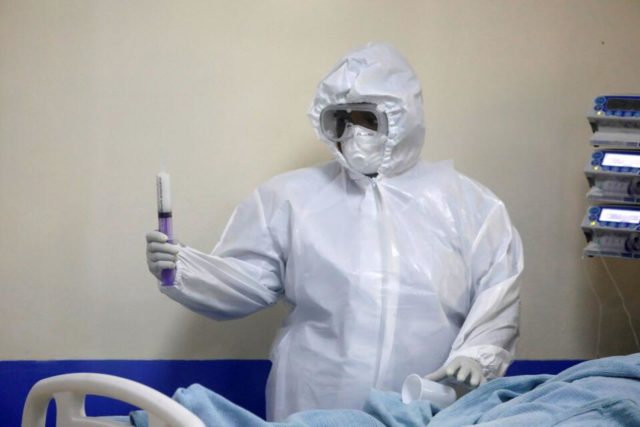Supernumerary doctors have been part of the South African health care system for almost 25 years
UNSUNG, unpaid and overworked is how foreign health workers working in hospitals around the country have been described.
Recent reports have brought to light some of the challenges faced by supernumeraries in the health sector.
In a recent letter, the wife of a supernumerary detailed the hardships faced by her husband and many others in his position.
“Many supernumeraries already face untold financial hardship. Now, with Covid-19, the strain has doubled financially, mentally, emotionally and socially. Unlike their South African counterparts, they do not enjoy the same occupational compensation and protection, as they are not regarded as employees. Their medical oath when they started practising medicine has proven to be beyond their country of origin,” she said.
Unknown to many in the public, supernumerary doctors have been part of the South African health care system for almost 25 years.
What is a supernumerary registrar?
They are unpaid non-South African residents, mostly from beleaguered facilities in Africa, working in local hospitals to attain competence in aspects of surgical practice.
What role do they play at health centres?
Supernumeraries participate in the same training programme with the same service delivery requirements as South African registrars.
They work under supervision of the relevant department head or his/her designate, as a registrar. But they will receive no remuneration from the university, department, hospital or Department of Health.
On completion of their training, they return to their home country with clinical and academic experience to expand existing specialist services or create units providing specialised care.
Where are they from?
Currently, the majority of the supernumeraries originate from African countries with limited or no access to specialist training.
They are either self-funded or sponsored by their respective countries. They finance their own board and lodging and transport to the different hospitals they rotate through for their specialised training.
In 2015, supernumeraries attached to the Department of Surgery at the University of KwaZulu-Natal (UKZN) constituted 21% of the entire registrar complement and 26% during 2016.
Non-South African citizens who have refugee or permanent residence status are not eligible to join the university in such a position. They are contractually bound to leave South Africa upon completion of their studies.
Challenges
They struggle to register with the Health Professions Council of South Africa (HPCSA) and to obtain work permits and visas. There’s a lack of health insurance and financial support provided to the supernumerary registrars.
In 2017, a study on the experience of supernumerary registrars in the country highlighted that many of them experienced xenophobia from patients (24%) and colleagues (48%).
Following the arrival of the Cuban doctors to help the country during the height of the pandemic, Stellenbosch University’s Centre for Medical Ethics and Law’s AJ Arendse, JF Coelho and SH Gebers have argued that although supernumerary programmes provided training to these doctors, the SA health care system benefited substantially from their services.
“The vast amount of money spent on Cuban doctors recruited to aid SA during the pandemic – in contrast to the lack of health insurance and financial support provided to the supernumerary registrars – raises a contentious point. In light of this neglect, their duty to SA during the pandemic remains an ethical quandary,” they wrote.








